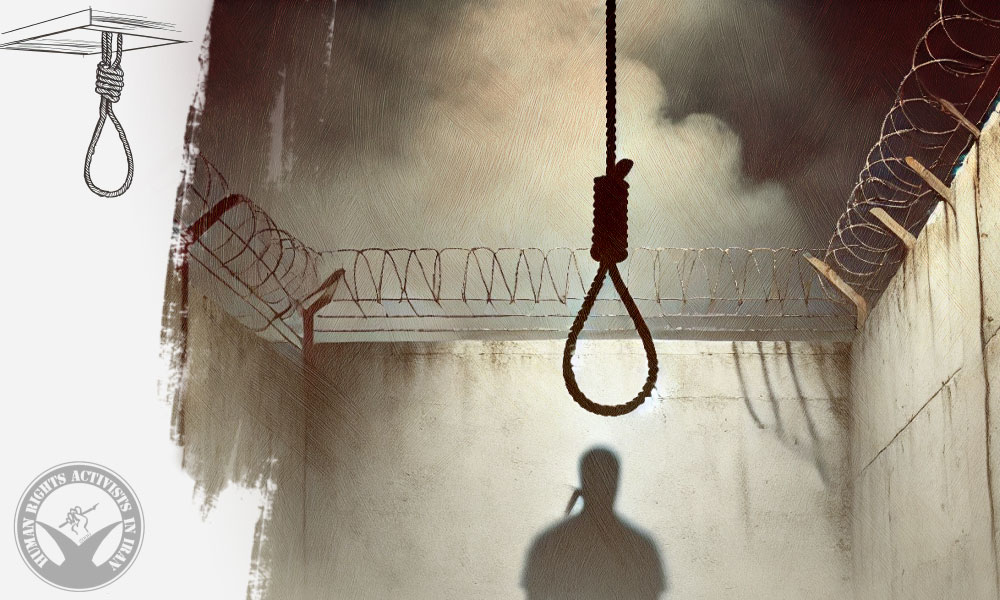HRANA – In recent days, dozens of prisoners across various prisons in Iran have been executed on charges related to murder and drug offenses. This report covers the execution of 12 prisoners.
Sunday, November 23 :
HRANA reported the execution of Ja’far Shokri on a murder charge in Birjand Prison.
According to Iran Human Rights Organization, a 36-year-old prisoner was executed in Maragheh Prison on a murder charge stemming from a conflict. The report did not provide further details, including the prisoner’s identity.
Tuesday, November 25:
According to HRANA, a prisoner named Noushad Amiri was executed in Qazvin Prison on charges related to drug offenses.
Wednesday, November 26:
According to HRANA, a prisoner named Hormoz Nejati was hanged in Esfarayen Prison. He had previously been arrested on charges related to drug offenses and later sentenced to death by the Revolutionary Court.
On the same day, Hyrkani News reported the execution of two prisoners, Ali Saye-afkan from Rasht and Mehrdad Pourhossein, in Lakan Prison in Rasht. Both had previously been arrested on drug-related charges and later sentenced to death by judicial authorities.
Finally, Haal Vsh reported the execution of six prisoners in Adelabad Prison in Shiraz. The identity of one of them, Hamid Yousef-Zahi, age 38, has been confirmed. He was executed on drug-related charges.
At the time this report was prepared, the executions of these prisoners had not been announced by prison officials or relevant authorities.













